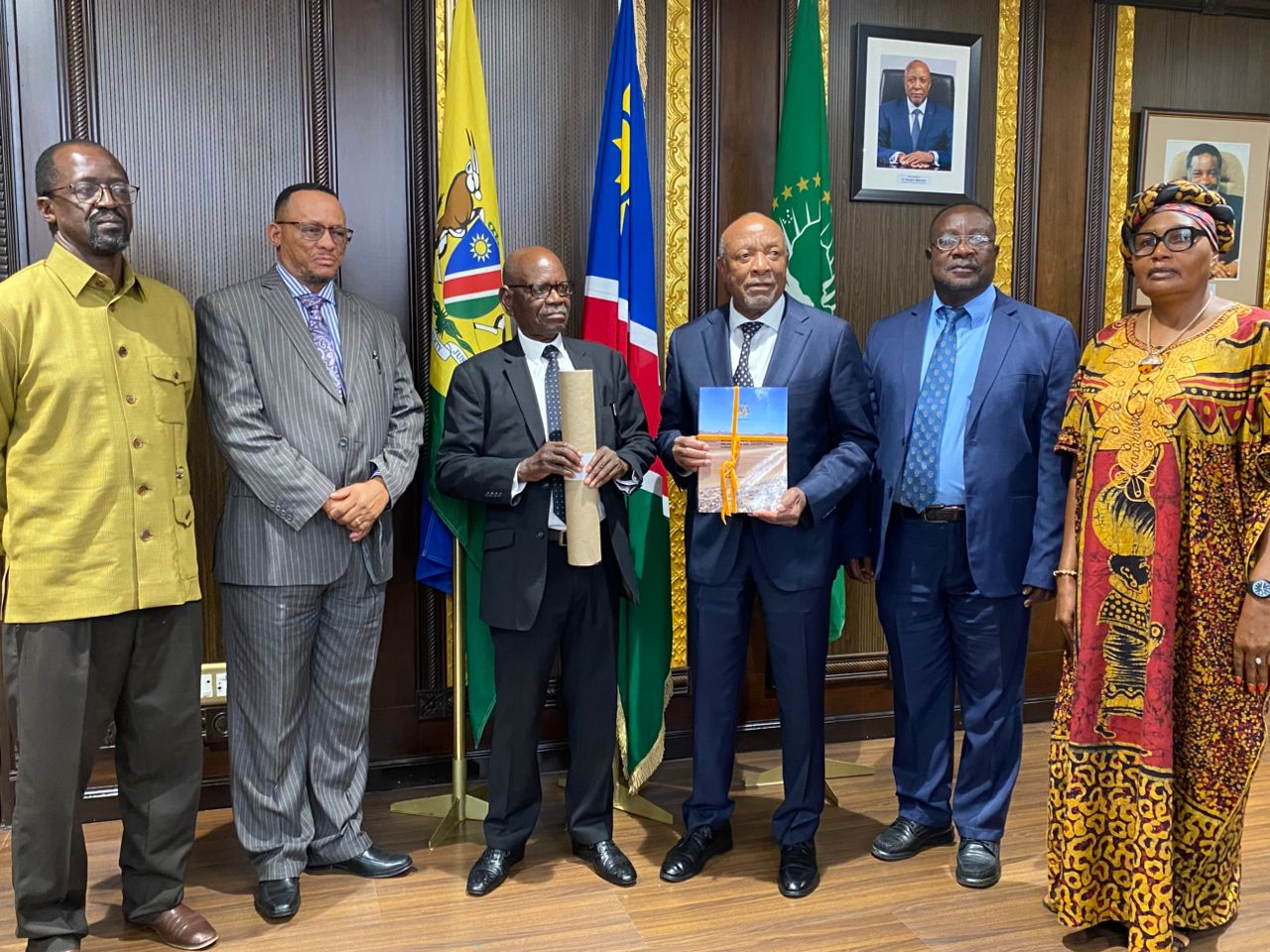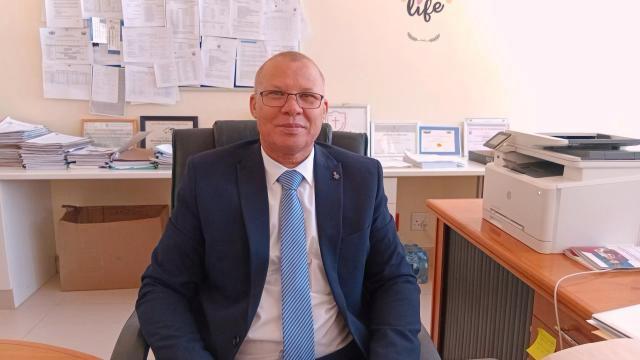HARARE – Two heavyweight foreign mining companies said on Monday they would press ahead with operations in Zimbabwe despite a nationalisation law that analysts warned could deepen an economic crisis ravaging the country.
The world’s largest platinum miner, Anglo Platinum and Rio Tinto have said they will continue mining after President Robert Mugabe signed into law on Sunday a bill giving locals the right to take majority control of foreign companies, including mines and banks. “We will continue to engage Zimbabwe’s government,” Trevor Raymond, Angloplat’s head of investor relations told Reuters.Nationalisation has not discouraged Rio Tinto, which has diamond interests in Zimbabwe.”Rio Tinto is supportive of the move towards indigenisation provided that it is done at the right pace and in a way that does not discourage much needed overseas investment in the Zimbabwe mining industry,” it said in a statement.Zimbabwe is already suffering from foreign investor flight, the world’s highest inflation rate of over 100 000 per cent and severe food, fuel and foreign currency shortages.Mugabe is digging in for March 29 elections, facing one of the biggest political challenges in his 28 years in power after former finance minister Simba Makoni broke ranks with him.Makoni’s chances of victory in the polls were boosted when Dumiso Dabengwa, a senior member of Mugabe’s ruling ZANU-PF, endorsed him.Makoni is running as an independent.Mugabe also faces long-time rival Morgan Tsvangirai, leader of the biggest faction of the opposition Movement for Democratic Change (MDC), in the polls.Mugabe may be dangling shares in foreign-held companies to those who may seek to back his opponents, analysts say.There is constant talk of more defections by senior ZANU-PF officials although most of them have rallied behind Mugabe.Analysts warned the nationalisation drive could hit the mining sector, now the major pillar of the economy, which makes up more than a third of Zimbabwe’s foreign currency inflows.”He (Mugabe) appears to have signed the law to improve his prospects in the election,” John Robertson, an independent Harare economic consultant, told Reuters.”But that’s a short-sighted move, one that will backfire and the broader economy will suffer badly as long as this law remains on the statute.”The world’s second biggest platinum producer, Impala Platinum Holdings, is the foreign mining firm with the most operations in Zimbabwe, Its shares fell more than five per cent on Monday on worries about the nationalisation law as well as a fall in the platinum price.Larger rival Anglo Platinum lost 1,3 per cent.The Confederation of Zimbabwe Industries (CZI) said the new law could also hurt manufacturing, which operates at less than a third of its capacity.Nampa-Reuters”We will continue to engage Zimbabwe’s government,” Trevor Raymond, Angloplat’s head of investor relations told Reuters.Nationalisation has not discouraged Rio Tinto, which has diamond interests in Zimbabwe.”Rio Tinto is supportive of the move towards indigenisation provided that it is done at the right pace and in a way that does not discourage much needed overseas investment in the Zimbabwe mining industry,” it said in a statement.Zimbabwe is already suffering from foreign investor flight, the world’s highest inflation rate of over 100 000 per cent and severe food, fuel and foreign currency shortages.Mugabe is digging in for March 29 elections, facing one of the biggest political challenges in his 28 years in power after former finance minister Simba Makoni broke ranks with him.Makoni’s chances of victory in the polls were boosted when Dumiso Dabengwa, a senior member of Mugabe’s ruling ZANU-PF, endorsed him.Makoni is running as an independent.Mugabe also faces long-time rival Morgan Tsvangirai, leader of the biggest faction of the opposition Movement for Democratic Change (MDC), in the polls.Mugabe may be dangling shares in foreign-held companies to those who may seek to back his opponents, analysts say.There is constant talk of more defections by senior ZANU-PF officials although most of them have rallied behind Mugabe.Analysts warned the nationalisation drive could hit the mining sector, now the major pillar of the economy, which makes up more than a third of Zimbabwe’s foreign currency inflows.”He (Mugabe) appears to have signed the law to improve his prospects in the election,” John Robertson, an independent Harare economic consultant, told Reuters.”But that’s a short-sighted move, one that will backfire and the broader economy will suffer badly as long as this law remains on the statute.”The world’s second biggest platinum producer, Impala Platinum Holdings, is the foreign mining firm with the most operations in Zimbabwe, Its shares fell more than five per cent on Monday on worries about the nationalisation law as well as a fall in the platinum price.Larger rival Anglo Platinum lost 1,3 per cent.The Confederation of Zimbabwe Industries (CZI) said the new law could also hurt manufacturing, which operates at less than a third of its capacity.Nampa-Reuters
Stay informed with The Namibian – your source for credible journalism. Get in-depth reporting and opinions for
only N$85 a month. Invest in journalism, invest in democracy –
Subscribe Now!









